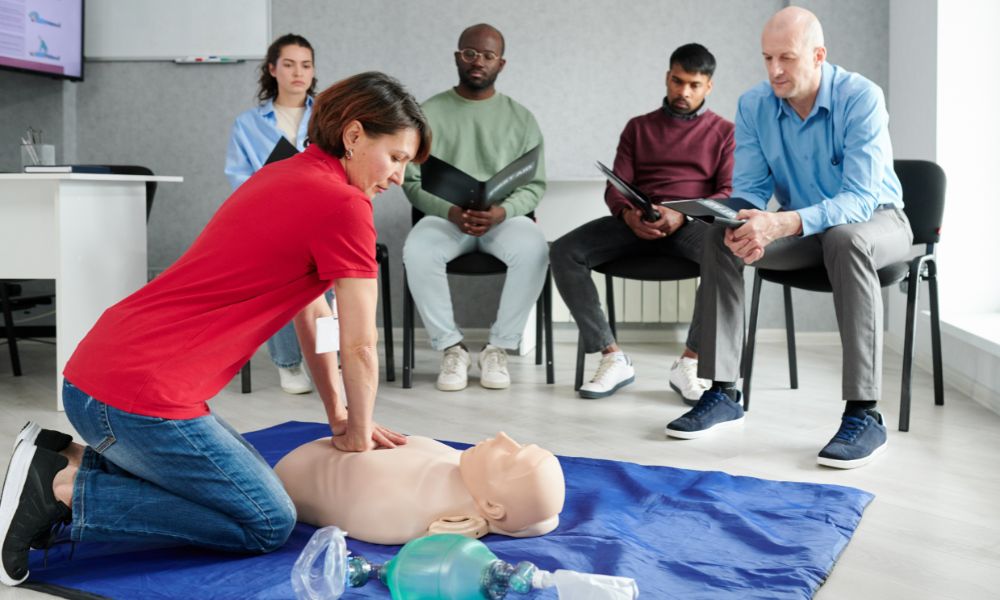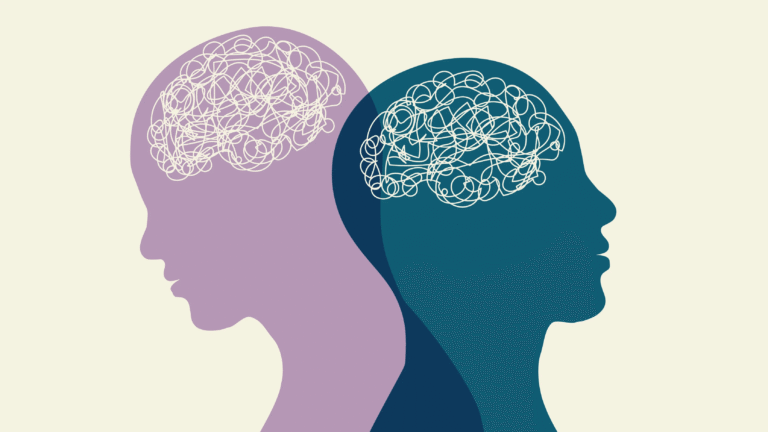Healthcare professionals frequently face scenarios where proficiency in life-saving techniques is crucially important. It is essential for them to obtain certifications to demonstrate their ability to manage emergencies effectively.
This piece delves into the certifications required by healthcare providers in life support and provides a deeper understanding of their significance.
Important Certifications for Healthcare Providers in Life Support
Basic Life Support (BLS)
Basic Life Support (BLS) certification is considered an important training for healthcare professionals as it encompasses abilities like performing CPR (cardiopulmonary resuscitation) utilizing automated external defibrillators (AEDs) and administering relief for choking incidents in emergency situations. One must sign for BLS for healthcare providers certification class to be able to take care of such critical situations in hospitals or clinics and other similar settings where urgent medical assistance may be needed promptly and effectively to aid individuals, before advanced medical intervention is available.
Advanced Cardiac Life Support (ACLS)
ACLS certification goes beyond BLS by teaching techniques for handling arrest and other heart related emergencies effectively. Healthcare professionals gain knowledge in managing airways during emergencies using emergency medications appropriately and identifying heart conditions promptly. ACLS certification is typically mandatory, for those working in emergency departments and intensive care units. This training equips healthcare workers to make informed decisions and perform life saving actions promptly.
Pediatric Advanced Life Support (PALS)
Caring for children during emergencies can be. Requires specific expertise, in handling such situations effectively.Pediatric Advanced Life Support (PALS) certification provides healthcare professionals with the skills to manage scenarios involving young patients.This training includes techniques like infant and child CPR respiratory distress identification and pediatric cardiac arrest management.For individuals employed in pediatrics or family medicine PALS certification is an asset as it enables healthcare providers to cater to the requirements of younger patients, with assurance and accuracy.
Neonatal Resuscitation Program (NRP)
The arrival of a baby is typically a time, for families; however birth complications can complicate things at times necessitating the need for Neonatal Resuscitation Program (NRP) certification which is crucial in such situations.This training is designed to equip caregivers with the skills needed to provide assistance to babies who require resuscitation after birth.They are taught techniques such as ventilation procedures along with chest compressions and the appropriate administration of medications specifically tailored for newborn infants.Professionals working in labor and delivery units or neonatal intensive care units should especially consider obtaining NRP certification as it plays a role in ensuring that newborn babies receive the possible care, in critical situations.
Trauma Nursing Core Course (TNCC)
Dealing with critical situations requires a response and decisive measures to be taken promptly by nurses trained in the Trauma Nursing Core Course (TNCC). This certification equips nurses with the abilities to evaluate and handle trauma patients effectively through training, on quick assessment methods, airway control techniques and applying trauma care guidelines. Nurses who acquire TNCC certification play roles in trauma response teams ensuring that patients receive suitable care when it matters most.
Emergency Nursing Pediatric Course (ENPC)
When it comes to dealing with emergencies involving children, in settings it’s crucial to handle them from how you would with adults. The Emergency Nursing Pediatric Course (ENPC) certification is about preparing nurses with the tools they need to handle cases during emergencies. The training focuses on evaluating and handling issues shock situations and injuries in kids. Nurses who are certified in ENPC have an impact in emergency units by delivering care tailored to the specific requirements of young patients.
In Summary
In today’s evolving healthcare landscape having certifications in life support is vital to ensure that healthcare professionals are ready for any emergencies that may arise. Be it Basic Life Support training or specialized programs, like PALS and NRP each certification program equips healthcare providers with the skills to make a difference and save lives. These certifications do not boost the competence of healthcare practitioners. Also provide reassurance to patients and their families in critical situations. By pursuing these certifications healthcare providers are ensuring that they are equipped to deliver exceptional care when it is needed the most.










